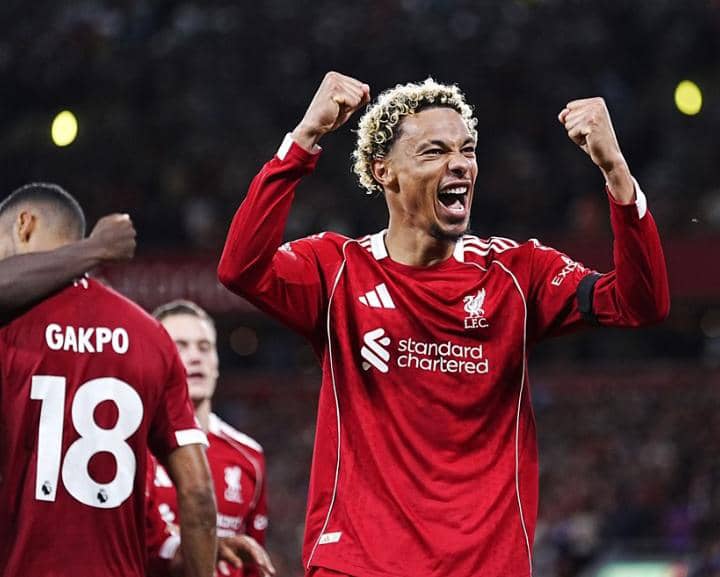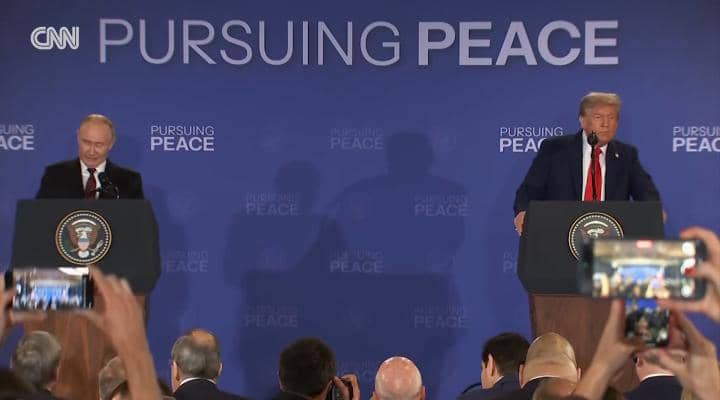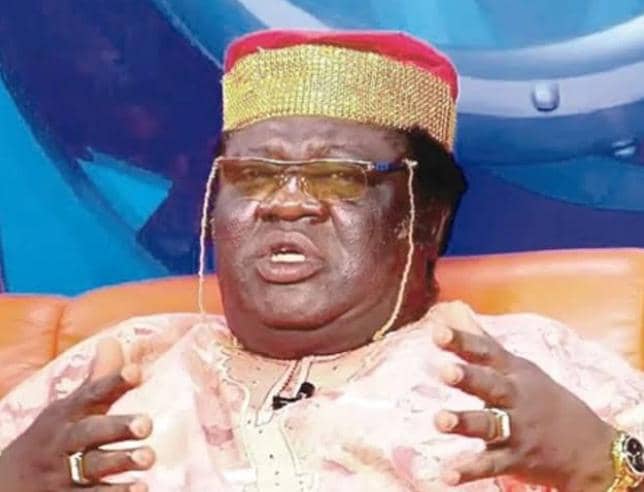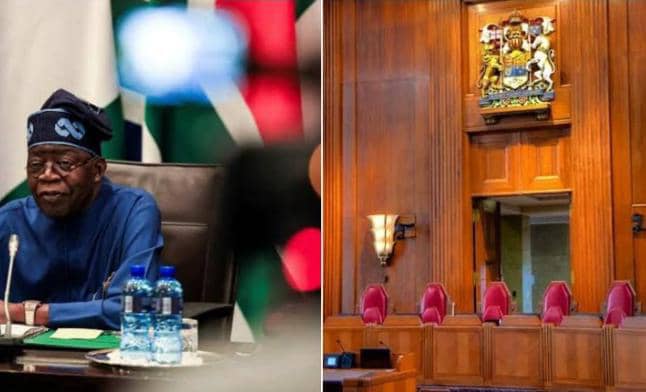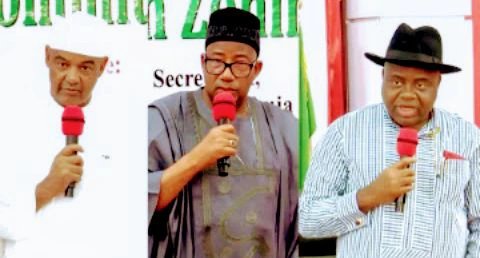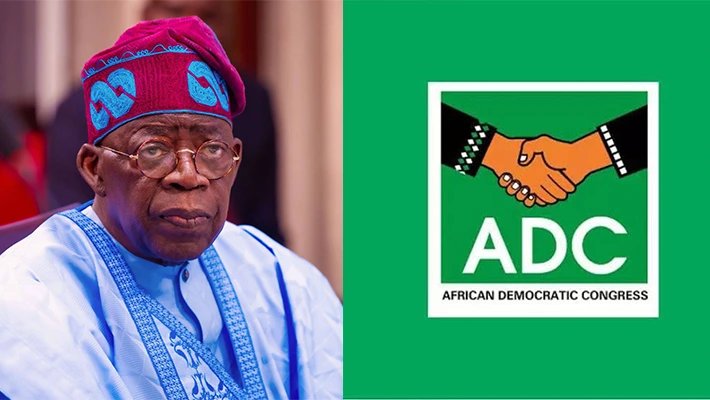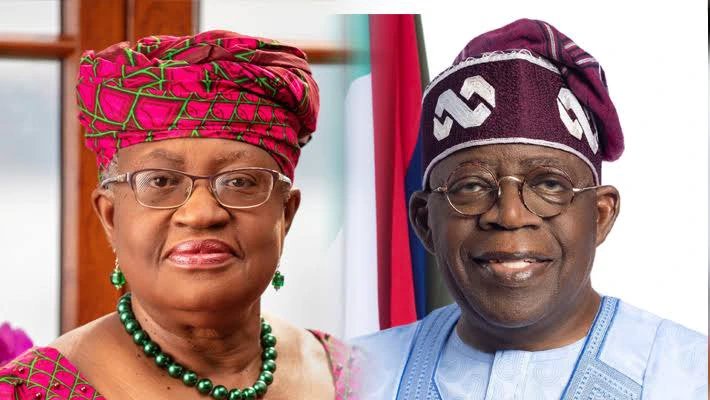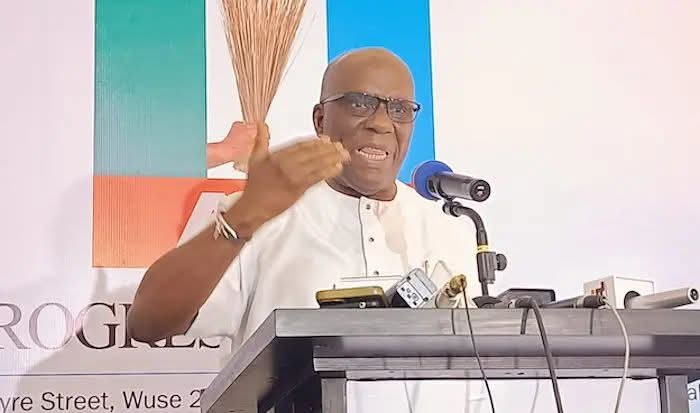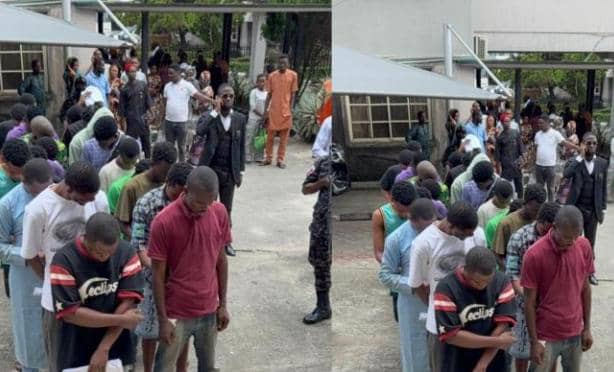Analysis
Hardship: Men collect marriage lists from different families, choose cheapest

In recent years, the age-old tradition of marriage has undergone a myriad of transformations, reflecting societal changes, economic conditions, and shifting values.
One particularly intriguing trend emerging in some communities is the concept of men requesting “marriage lists” from multiple women.
This practice, driven by a desire to evaluate potential marriage costs, raises several questions about tradition, love, and the commodification of relationships.
Marriage lists are essentially detailed accounts of the financial demands associated with a prospective marriage in Nigeria.
These lists may include dowries, gifts, and other financial obligations that a groom or his family must meet.
Traditionally, dowries were a way to secure the financial future of a bride and her family, but in contemporary settings, they can vary significantly based on cultural, regional, and individual factors.
Men requesting these lists from various women aims to assess which marriage would be the most economically feasible.
This practice can stem from a combination of personal financial constraints, cultural expectations, and the desire to make informed decisions in an era where economic considerations are increasingly important.
In many cultures, marriage is not just a union of two individuals; it is a significant financial transaction involving families.
While in some societies, love and companionship are the primary motivations for a union, in others, financial considerations play a pivotal role.
The practice of comparing marriage lists could be seen as a practical approach to ensuring financial stability, but it also risks reducing the complex institution of marriage to a mere transactional relationship.
The practice raises several ethical questions. First, is it fair to women to be evaluated based solely on financial demands?
This approach can reinforce harmful stereotypes and perpetuate a culture where women’s worth is tied to monetary value.
Additionally, it may lead to emotional detachment in relationships, prioritizing financial calculations over genuine compatibility and affection.
Moreover, this practice could create an environment of competition among women, fostering insecurities and undermining the foundational values of trust and love that are vital for a successful marriage.
On a practical level, the comparison of marriage costs can be influenced by economic realities.
In times of financial uncertainty, individuals may feel compelled to prioritize financial security over emotional connection.
This trend can also reflect broader societal changes, where economic factors increasingly dictate personal choices.
However, it’s essential to recognize that while financial considerations are valid, they should not overshadow the fundamental aspects of partnership—mutual respect, love, and shared goals.
While the practice of men requesting marriage lists from various women may appear to be a logical approach to navigating the complexities of modern relationships, it brings to light significant ethical, cultural, and emotional concerns.
Marriage, at its core, is a partnership that thrives on connection and commitment, transcending financial considerations.
As society continues to evolve, it’s crucial to strike a balance between practical realities and the deeper values that define successful and fulfilling relationships.
Hardship under the Tinubu administration
Nigeria is currently grappling with its worst cost of living crisis in nearly 30 years under President Bola Tinubu’s administration. The country’s inflation rate climbed to 29.90% in January 2024, with food inflation exceeding 40%.
This surge in prices has made life unbearable for many Nigerians, with over 80% of the estimated 200 million population living in poverty.
The removal of fuel subsidies, naira devaluation, and implementation of value-added tax on diesel imports have contributed to the high cost of living.
The situation has become so dire that protests broke out in different parts of the country, with citizens demanding solutions to the economic crisis.
Key statistics highlighting the hardship include inflation rate of 29.90% in January 2024, food inflation exceeding 40%, poverty rate of over 80% of the estimated 200 million population, and widespread protests across the country.
The government’s response to the crisis has been criticized, with many calling for urgent intervention to salvage the situation.
For Diaspora Digital Media Updates click on Whatsapp, or Telegram. For eyewitness accounts/ reports/ articles, write to: citizenreports@diasporadigitalmedia.com. Follow us on X (Fomerly Twitter) or Facebook



